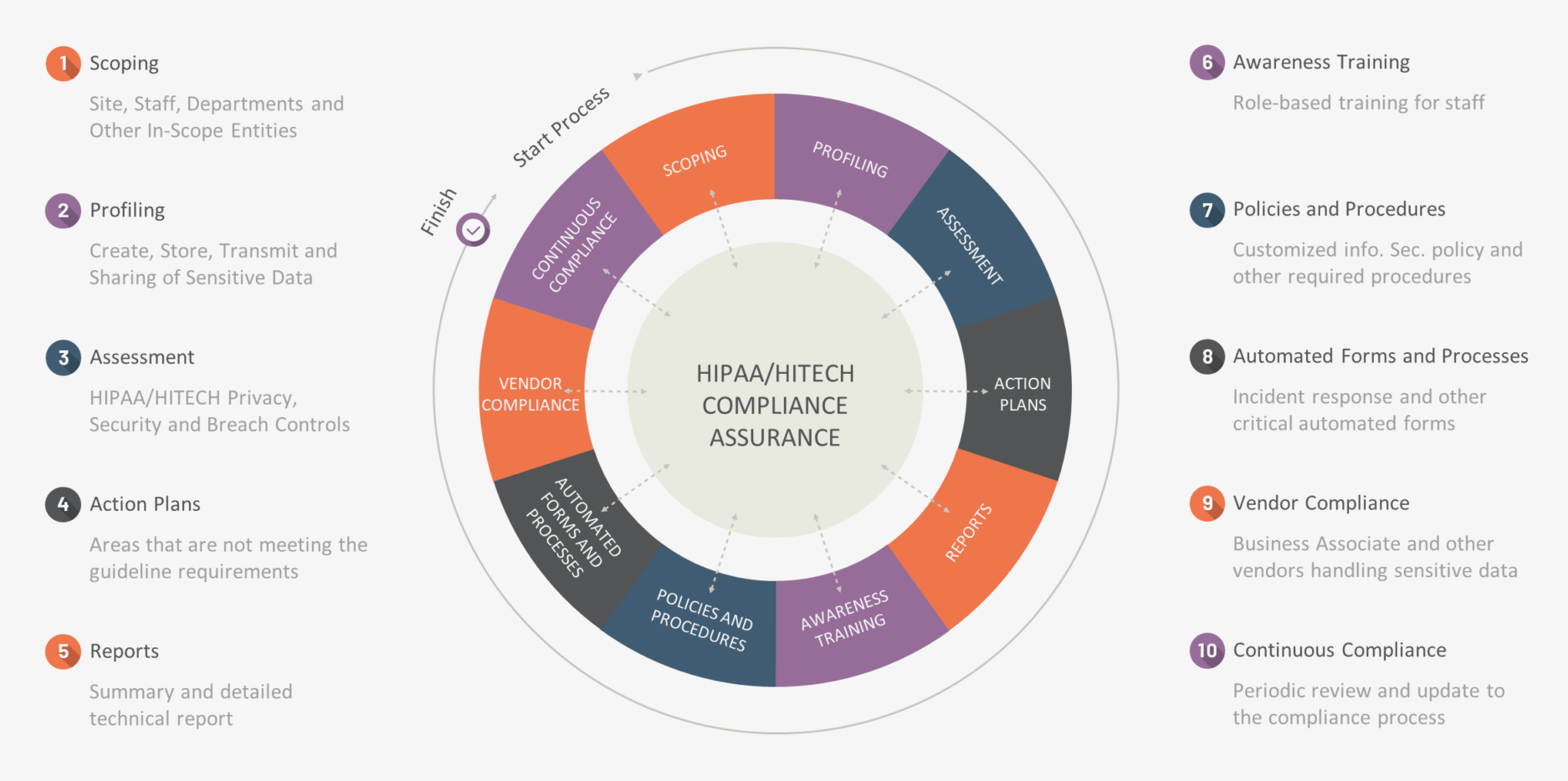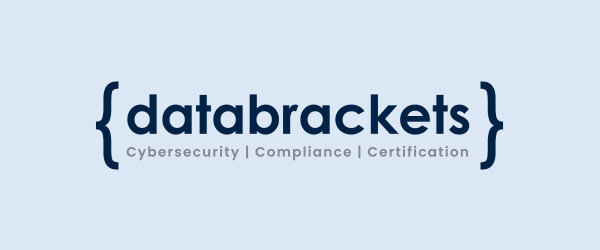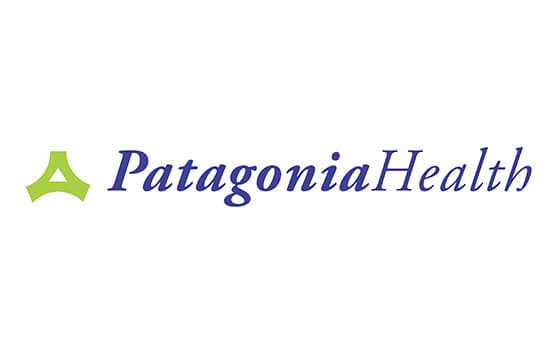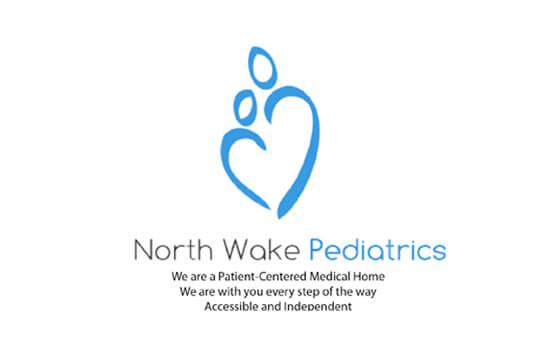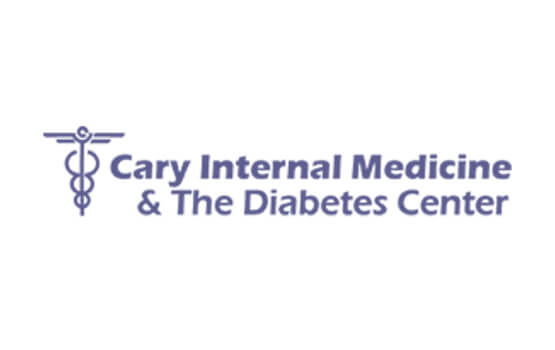Data Privacy Audit
Data privacy or Information Privacy, implies protection of a customer’s Personally Identifiable Information (PII). Lawmakers around the world have mandated Data Privacy Laws like GDPR, HIPAA, CCPA and PIPEDA to assess if a business has ensured data privacy at scale. Customers trust businesses that follow best-practices and have a well planned privacy program and incident response mechanism. A data privacy audit helps businesses to meet regulatory requirements, confirm the security and privacy of customer data, avoid penalties, law suits and the loss of reputation.
Why does privacy matter?
Privacy is a customer’s right. Data privacy laws have been crafted to protect this right and ensure that hackers do not benefit from a data breach. Personally Identifiable Information (PII) can be misused since it holds a high level of power. Customers have the right to know how their data is being handled, processed and shared. Compliance with data privacy laws, standards and controls builds trust and ensures that businesses behave responsibly with the personal data they collect. Data privacy also includes an Incident Response Mechanism, a data breach policy and the appointment of a privacy officer, whom customers can contact.
Our deliverables include but not limited to
- Privacy Risk Assessment Report
- Privacy Impact Assessment Report (PIA)
- Data Privacy Compliance Assessment Report
- Customized Privacy Policy
- Unprotected PII Data Breach Policy
- Notice of Privacy Practices
- Vendor Contract Template
- Other Customized Policies and Procedures
- Customized Privacy Awareness Training
- Automated Forms and Process Implementation
- Vendor Compliance and Review
- Advisory Services and Audit Support Guarantee
- Online Platform to Manage Privacy
Key Data Privacy Principles:
Accountability
An organization is responsible for the customer’ personally identifiable information (PII) collected, processed, stored, anonymized and deleted. They must ensure that data privacy is prioritized while working with PII.
Lawfulness, Fairness and Transparency
There must be a legal basis for collecting data and it must be processed in good faith. Customers must be able to access the data collected on them and the right to have it deleted, if it is not required. Companies are also required to have a privacy policy, a privacy officer and strong record keeping procedures.
Limitations on Collection, Processing, and Storage
Data must be processed in the way stated in the privacy policy. Organizations are not permitted to collect and store more data than they need for indefinite periods of time. This requires a careful classification of data and ensuring that is processed fairly and in good faith. It is important to outline these details in the organization’ privacy policy and ensure transparency with customers. A data retention policy should also be integrated into this plan and the duration of data storage must be clearly communicated and followed.
Data Minimization
This privacy principle states that If companies can complete core processing activities without personally identifiable information of customers, then they should avoid collecting it. Data minimization also implies an analysis of the company’ data cache and deleting data that is not needed in the future.
Accuracy of Data
The accuracy of data impacts transparency and accountability, the 2 core principles of data privacy. Data must be up to date and customers should be allowed to update or correct their information and request the company to erase their PII.
Integrity and Confidentiality
Data Privacy laws mandate the security of data and include protection against unauthorized or unlawful processing. Organizations are also required to protect it against accidental loss, destruction or damage, using appropriate technical or organizational measures.
Our Process
